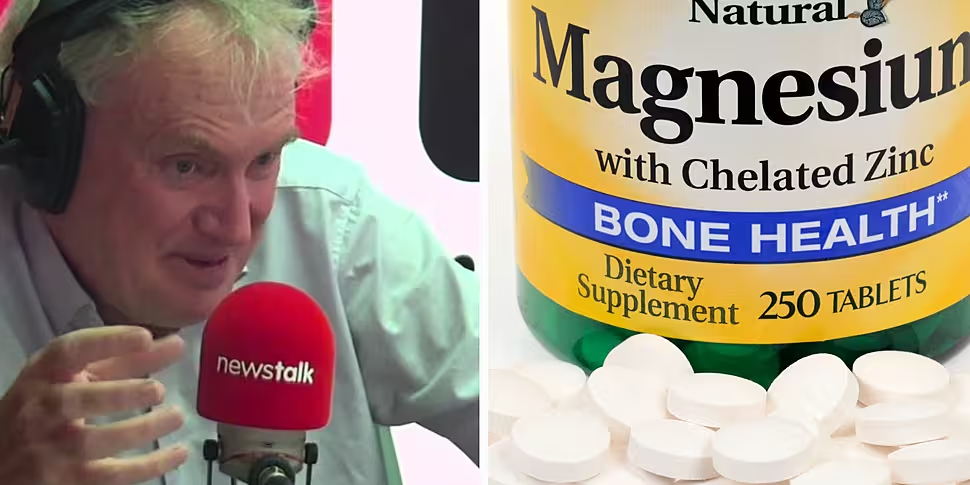Magnesium supplements are often promoted as a sleeping aid – but is there any truth to this claim, or is it simply an old wives' tale?
On this week’s Show Me the Science podcast, Professor Luke O’Neill said the scientific evidence is tenuous at best.
“Your average body has 25 grams of magnesium if you look at the amount – that's about half a Mars bar, to put that into context,” he said.
“Half of it’s in your bones and the bones have magnesium to stabilise them and do various things, so it’s involved in bone function as well.
“One per cent is in your blood, and then the rest of it’s in other soft tissues distributed around the body.”
Prof O’Neill said that “it’s very hard to be magnesium deficient because there’s so much of it everywhere”.
He said the best sources of magnesium are leafy greens, in particular spinach.
 Spinach
SpinachAccording to Prof O’Neill, those who are deficient in magnesium may experience a drop in appetite, nausea, fatigue, heart arrhythmias and overall weakness.
When it comes to the mineral’s effect on sleep though, he said “the jury’s out”.
“There are very few proper trials on this,” he said.
“There is a plausible reason why it might help you sleep and the biology of this would suggest possibly it might help muscles relax a bit, and that can maybe help you nod off.
“[Magnesium] will decrease cortisol, and cortisol is a stress hormone and that will keep you awake, obviously.
“Then several studies have shown it can boost melatonin – maybe that’s where this came from because melatonin is your natural sleeping tablet.
“So, that’s some evidence to link magnesium into sleep so that’s reasonable – however, when you look at the data it’s not there.”
According to Prof O’Neill, studies testing magnesium as a treatment for insomnia showed that it had “no clear effect, and if there was an effect it was marginal, so they couldn’t show a link”.
Another study examined whether magnesium could be used to help muscle cramps which may keep people awake, but it also showed “no clear affect”, Prof O’Neill said.
Main image: Luke O'Neill (L), magnesium tablets (R).









